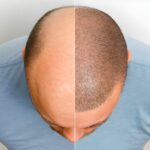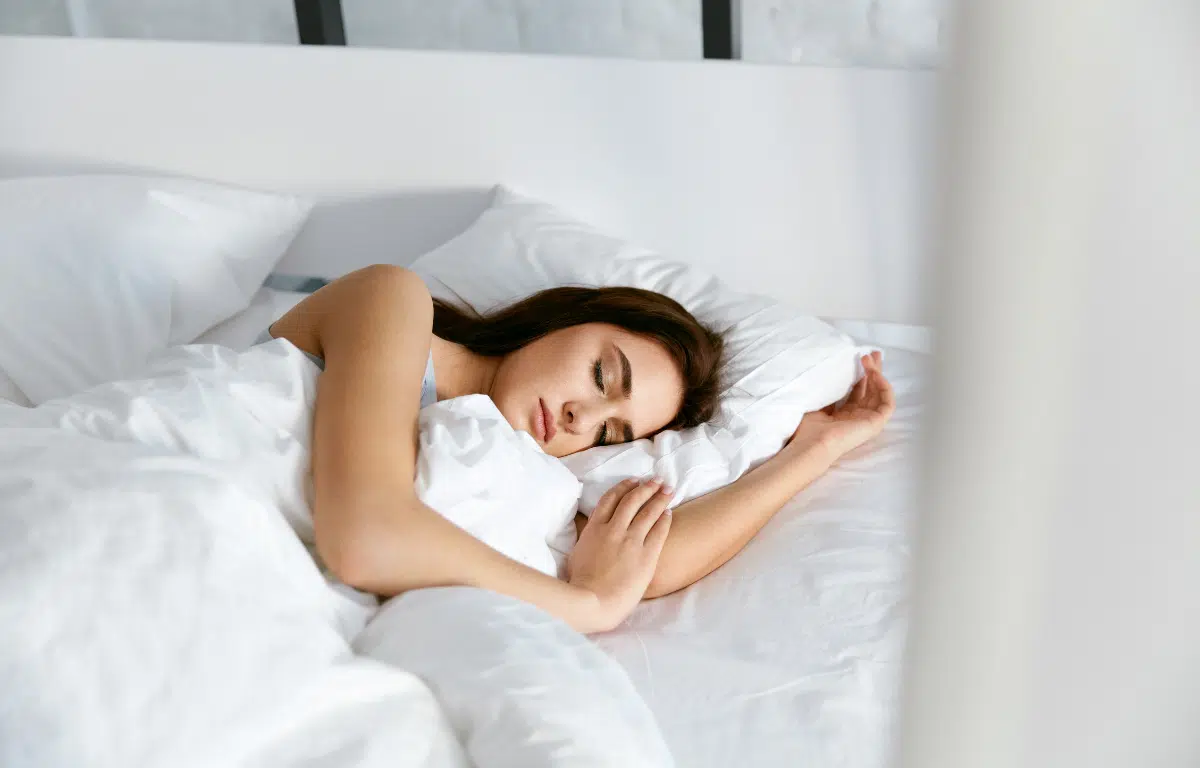Sleep is a fundamental aspect of human health, yet millions worldwide struggle with sleep disorders. According to the World Health Organisation (WHO), approximately 1 in 3 individuals globally experience sleep disturbances. A good night’s sleep can make you feel fantastic. On the other side, a poor sleep schedule can spoil your entire day and, if it persists, probably many more days. Due to lack of sleep, not only does your body suffer physically, but it can also hinder your mental health. The complex association between sleep disorders and mental disease is becoming more and more clear via research, revealing how sleep disturbances may worsen or even cause mental health issues.
The connection between mental health and sleep
The interplay between mental health and sleep disorders is a complex and intricate relationship where each condition influences the other in a reciprocal manner. Sleep problems can make mental health issues worse by increasing emotional reactivity and decreasing cognitive performance. On the other hand, abnormal mental health conditions can interfere with sleep, leading to hypersomnia, insomnia, and irregular sleep-wake cycles. The connection between the two is explained by neurobiological processes, including changes in neurotransmitter systems and stress responses. To tackle these sleep disorders, it’s crucial to understand them first. Let’s dive into the world of sleep disorders and explore how we can cure them!
Types of sleep disorders
Insomnia: This is characterised by difficulty falling asleep, staying asleep, or having non-restorative sleep despite adequate sleep opportunities.
Sleep Apnea: It consists of shallow breathing or breathing pauses during sleep, which causes sleep disturbances and tiredness during the day.
Narcolepsy: A neurological disorder characterised by excessive daytime sleepiness, sudden and uncontrollable episodes of falling asleep (narcoleptic episodes), and disrupted sleep-wake cycles.
Restless Legs Syndrome (RLS): Characterised by uncomfortable sensations in the legs, often accompanied by an irresistible urge to move them, leading to difficulty falling or staying asleep.
Parasomnias: Include abnormal behaviours or movements during sleep, such as sleepwalking, sleep talking, nightmares, and night terrors.
Circadian Rhythm Disorders: These involve disruptions to the body’s internal clock, leading to difficulties falling asleep, waking up, or staying awake at desired times. Examples include delayed sleep phase disorder and jet lag.
Causes of sleep disorders
To effectively manage sleep disorders, it is essential to identify and address their root causes. These causes can stem from a variety of sources, including medical conditions such as sleep apnea or restless legs syndrome, psychological disorders like depression or anxiety, substance abuse, specific medications, and inconsistent sleep patterns. Additionally, stress and environmental factors such as noise or light pollution may trigger sleep issues. Age and genetic predisposition also play significant roles in the development of sleep disorders. Therefore, a comprehensive approach to managing sleep disorders involves recognising and addressing the underlying factors contributing to disrupted sleep patterns.
Managing sleep disorders
Depending on the exact condition, treatment for sleep disorders can involve medicine, behavioral therapy, lifestyle modifications, or devices like CPAP for sleep apnea. Since it promotes stress reduction, emotional control, and cognitive performance, getting enough sleep is essential for mental wellness.
Adequate sleep lowers the risk of mood disorders like depression and anxiety while improving mood, memory, and attention. Prioritising appropriate sleep hygiene is crucial for fostering both physical and emotional well-being. This includes maintaining regular nighttime rituals and furnishing a cosy sleeping space. Natural methods, such as Sleep+, can aid good quality sleep.
Five Natural ways to combat sleep disorders
Exercise regularly. According to research, those who exercise regularly for six months experience much fewer sleep disorder symptoms. However, Mark G. Goetting, MD, a sleep medicine specialist and associate professor at Western Michigan University’s Homer Stryker M.D. School of Medicine, believes that the time of day you exercise may have an affect on your sleep. He observes that some people do not sleep well if they exercise close to bedtime, whilst others claim that physical activity later in the day improves their sleep.
Go dark: The brightness from a smartphone is known to interfere with sleep. But what about your bathroom lighting? When you feel the need to visit the bathroom at night, opting for a torch instead of turning on the lights could be beneficial as it causes minimal visual disturbance. Keep in mind that if you wake up to use the bathroom, it’s typical for it to take up to 30 minutes to fall back asleep.
Avoid caffeine, nicotine, and alcohol close to your bedtime: Avoid caffeine, nicotine, and alcohol before bedtime. While alcohol can help you fall asleep faster, it can also lead to a lighter sleep. This increases the likelihood that you may wake up during the night. Drinking less coffee or even eliminating caffeine entirely can help reduce anxiety, improve sleep quality, and reduce headaches, among several other benefits.
Use Valerian root: Multiple studies have found that valerian, a tall, blooming grassland plant, may lessen the time it takes to fall asleep and improve your sleep quality. Only the highly processed roots of Valeriana officinalis, which are used in products such as ashwagandha, have been extensively researched and proved to be safe for regular consumption.
Conclusion
Individuals suffering from insomnia can enhance their sleep quality through a variety of therapies and activities. Individuals who are currently taking medication for sleep or high blood pressure should see their doctor before attempting dietary supplements. Meditation, mindfulness, and relaxation practices have all been shown in studies to be useful in treating persistent insomnia. Understanding the complex relationship between mental health and sleep is critical for overall health improvement. Sleep difficulties have a significant impact on both physical and mental health. Early detection and treatment of sleep disorders can improve mental resilience and quality of life. Prioritising good sleep habits and getting appropriate therapy are critical steps towards achieving great mental and physical health.
FAQs
Q1. Is valerian root helpful in the treatment of sleep disorders?
Ans. Valerian root is a natural remedy that can reduce sleep disorders by promoting relaxation and reducing anxiety. Its mild sedative properties help induce sleep and improve sleep quality.
- When should I seek professional help for mental health and sleep issues?
Ans. Consider a healthcare provider if sleep issues or symptoms related to mental health substantially impact your day-to-day functioning. They are qualified to make an accurate diagnosis and therapy recommendations.
- Are there any natural remedies or supplements that can help with both sleep and mental health?
Ans. Certain natural remedies and ashwagandha supplements, such as melatonin, valerian root, lavender, and magnesium, may aid in improving sleep quality and reducing symptoms of anxiety or depression. Sleep+ contains all these and might help you get good quality sleep.
- What lifestyle changes can support mental health and sleep hygiene?
Ans. Engaging in regular physical activity, maintaining a balanced diet, and managing stress effectively can help an individual improve mental health and sleep hygiene.








